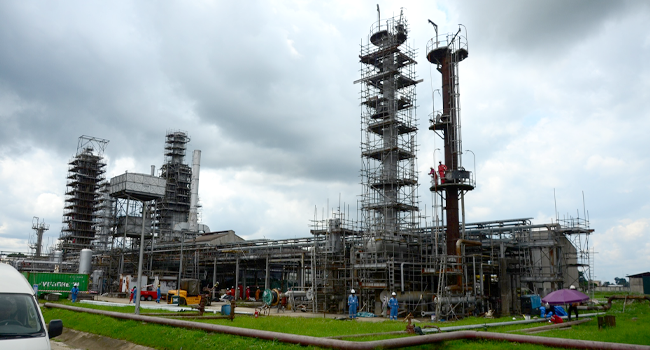The Nigerian National Petroleum Company Limited (NNPCL) has confirmed the shutdown of the Port Harcourt Refining Company for 30 days in order to undergo scheduled maintenance. The maintenance, which began on May 24, 2025, comes just six months after the $1.5 billion rehabilitation of the facility was completed in November 2024.
Despite assurances from NNPCL that petrol supply will remain stable during the shutdown, industry stakeholders have expressed skepticism. The company stated that reserves, support from Dangote Refinery, and potential import licenses issued by the Nigerian Midstream and Downstream Petroleum Regulatory Authority will ensure uninterrupted fuel supply.
However, the Independent Petroleum Marketers Association of Nigeria (IPMAN) challenged the reason for the shutdown. IPMAN’s spokesperson, Chinedu Ukadike, claimed the refinery had not produced petrol in the last three months, rendering the shutdown a mere formality to “save face.” Similarly, the Petroleum Products Retail Outlet Owners Association of Nigeria (PETROAN) argued that the 30-day timeline was unrealistic and would not yield substantial improvements without repairing the Premium Motor Spirit (PMS) blending unit.
Concerns have also been raised about the Warri Refinery, which was expected to boost supply during the downtime.
- Advertisement -
Critics have renewed calls for the privatisation of Nigeria’s refineries, citing inefficiencies despite massive public investment. Over N11 trillion has reportedly been spent on Nigeria’s refineries between 2010 and 2023.
Meanwhile, NNPCL has denied sabotage allegations and insisted the refinery is operating at 70% capacity, producing diesel, kerosene, and naphtha blended into petrol. It stressed that the current shutdown is routine and in line with global best practices, aiming to enhance safety and operational sustainability.
The Port Harcourt Refining Company consists of two plants with a combined refining capacity of 210,000 barrels per day. The current maintenance is being closely watched with hopes for improved output and reliability in the months ahead.










